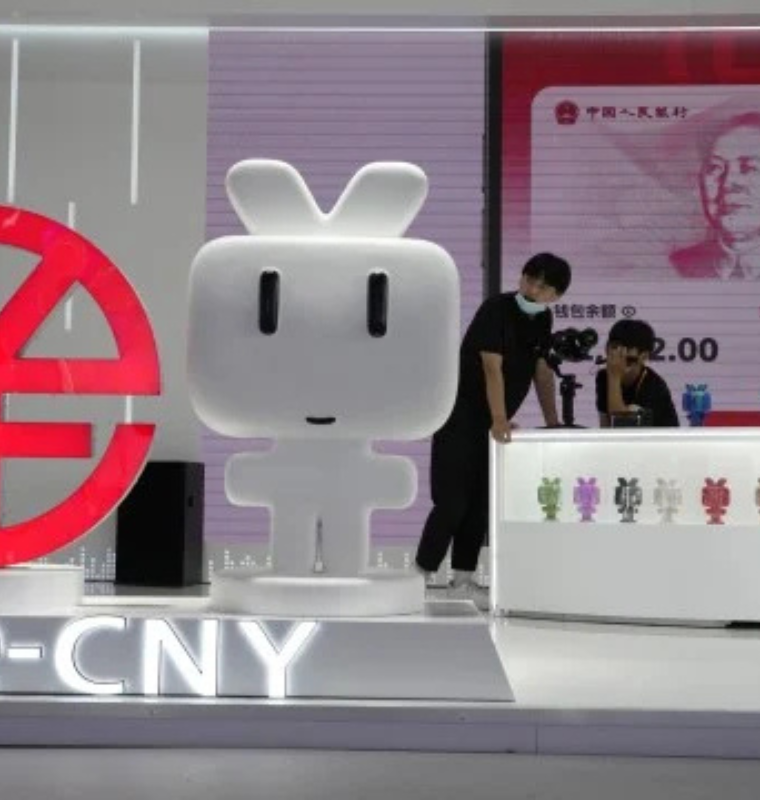China Urges U.S. to Reconsider Tariff Policies Amid Ongoing Trade Tensions
China Urges U.S. to Reconsider Tariff Policies Amid Ongoing Trade Tensions
By
Rachel Steinberg
Last updated:
April 14, 2025
First Published:
August 3, 2025

Source: South China Morning Post
China's Ministry of Commerce has issued a strong statement urging the United States to reevaluate its tariff policies, particularly the 145% reciprocal tariffs imposed on Chinese imports. While acknowledging recent exemptions on certain tech products, Beijing emphasized that these measures are insufficient and called for a complete abolition of the tariffs to foster a more stable and cooperative trade environment.
China's Stance on U.S. Tariff Exemptions
The Chinese Commerce Ministry described the U.S. tariff exemptions as a "small step" and urged President Donald Trump to "completely abolish" the reciprocal tariffs. The ministry emphasized the importance of mutual respect and equal dialogue in resolving trade differences, stating that "tariffs benefit neither China, nor the U.S., nor the world."
The ministry also noted that China is "evaluating the relevant impact" of the tariff exemptions on some tech products announced recently. These exemptions, which include smartphones, computers, and semiconductor manufacturing equipment, have been seen as a temporary relief for tech companies heavily reliant on Chinese manufacturing.
U.S. Clarifies Tariff Exemptions
Despite the exemptions, President Trump clarified that these are temporary measures and part of a broader national security review. He stated that the products are still under existing "Fentanyl Tariffs" and that the administration is considering separate sectoral tariffs within a month or two under a Section 232 national security investigation focused on semiconductors.
Commerce Secretary Howard Lutnick reinforced the temporary nature of the policy, indicating that while these items are removed from the general tariff list, they may soon be subjected to new semiconductor-specific tariffs aimed at reviving domestic chip manufacturing.
Impact on Tech Industry and Markets
The exemptions have provided temporary relief to major tech companies like Apple and Nvidia, which have significant manufacturing ties to China. Apple shares, which had declined 11% since early April due to tariff fears, may experience a short-term rebound. Similarly, Asian tech stocks, particularly those supplying Apple, saw a significant rebound following the announcement.
However, the mixed messaging from the U.S. administration has sparked confusion and uncertainty among industry players and investors. Analysts suggest that the exemptions reflect both financial market volatility and lobbying by major U.S. firms, adding that the shifting policies have added uncertainty for investors.
China's Call for Dialogue and Cooperation
China has consistently advocated for resolving trade disputes through dialogue and mutual respect. The Commerce Ministry emphasized the need for both countries to adhere to the principles of mutual respect, peaceful coexistence, and win-win cooperation. The ministry also highlighted the importance of providing a fair and just business environment for the development of enterprises from all countries, including Chinese enterprises, in the U.S.
As the trade tensions continue, China's call for the U.S. to reconsider its tariff policies underscores the need for a more stable and cooperative approach to international trade relations.
Popular articles
Subscribe to unlock premium content
China’s Digital Yuan Sparks a $2 Billion Payment Revolution

Scented Sophistication Lights Up the Season

Sky-High Luxury This Holiday Season

China’s Digital Yuan Sparks a $2 Billion Payment Revolution

Scented Sophistication Lights Up the Season

China’s Digital Yuan Sparks a $2 Billion Payment Revolution









